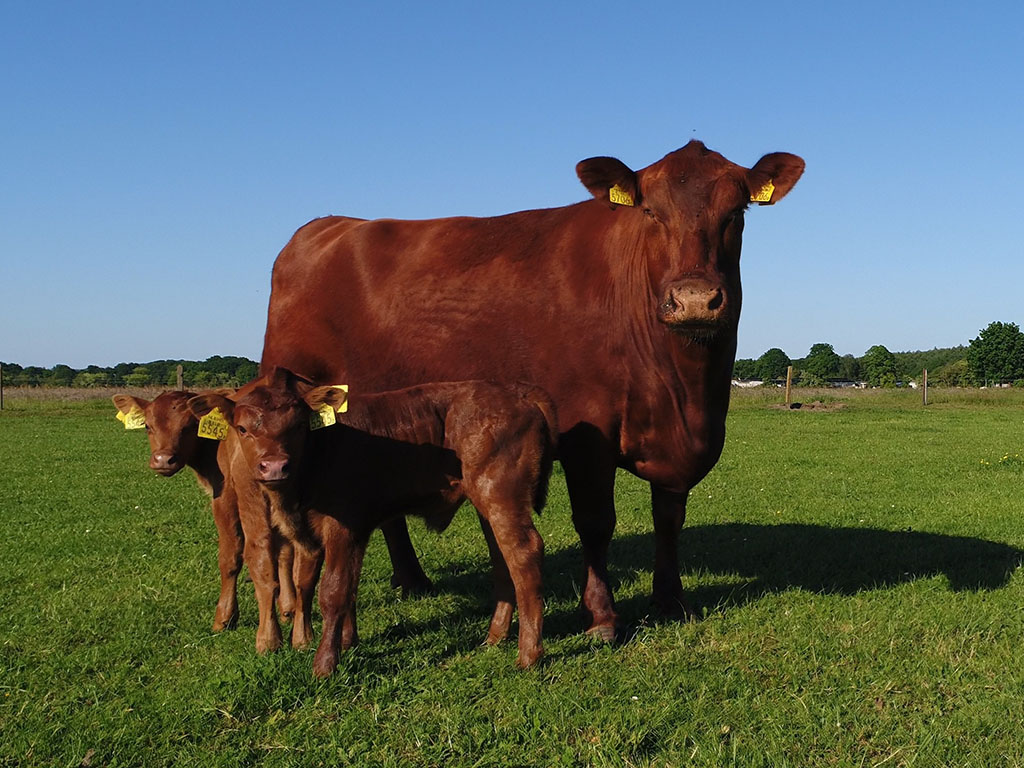
GLF Media/shutterstock.com
Utilizing omega-6 fatty acids to mitigate early embryonic loss in beef cattle
Utilizing omega-6 fatty acids as a management strategy to mitigate early embryonic loss, a major cause of reproductive and economic losses to the U.S. beef industry, is the focus of a new Texas A&M AgriLife Research-led project.
Omega-6 fatty acids have long been touted as essential fatty acids in human health and are typically derived from vegetable oils, seeds and nuts.
A team of researchers in the Texas A&M College of Agriculture and Life Sciences Department of Animal Science has determined these same fatty acids could be a management tool in cattle pregnancies, particularly the first 28 days of gestation.
Dr. Reinaldo Cooke, the Burkhart Endowed Professor for Beef Cattle Research in the Department of Animal Science, will lead the U.S. Department of Agriculture National Institute of Food and Agriculture funded project, Unraveling the Benefits of Feeding a Lipid Source Rich in Omega-6 Fatty Acids to Pregnancy Establishment and Maintenance in Beef Females.
Joining Cooke from the Department of Animal Science will be Dr. Rodolfo Cardoso, associate professor and reproductive physiologist, and Dr. Ky Pohler, associate professor and chair of the Pregnancy and Developmental Programming Area of Excellence.
Others on the grant project are Dr. Vitor Mercadante, professor, Department of Large Animal Clinical Sciences, College of Veterinary Medicine, Virginia Tech University, Blacksburg; Dr. Pedro Fontes, assistant professor, beef cattle reproductive physiology, Department of Animal and Dairy Science, University of Georgia, Athens; Dr. Martha Ortega Obando, assistant professor of reproductive physiology, University of Wisconsin-Madison.
Cooke said cow-calf systems represent 86% of beef operations and 84% of the beef cattle population in the country. However, reproductive failure is a key factor limiting cow-calf productivity, and pregnancy loss has been recognized as one of the main reproductive challenges in cattle.
Most pregnancy losses occur during the first 28 days of gestation, he said, and these losses are classified as early embryonic loss.
“Our group provided evidence that supplementing beef cows with a lipid source rich in omega-6 fatty acids during the early embryonic period increased pregnancy success by promoting conceptus development, establishment and maintenance of the pregnancy,” Cooke said.
These results diverged from the traditional concept developed in the dairy industry that omega-6 fatty acids are detrimental to early pregnancy, so Cooke said the mechanisms by which omega-6 fatty acids improved pregnancy success warrant full clarification.

